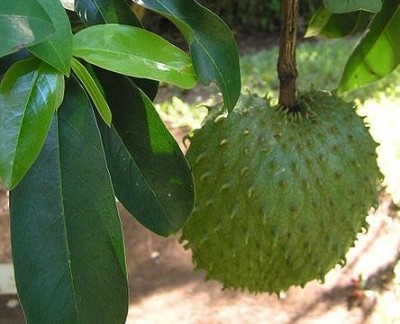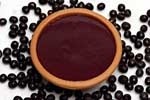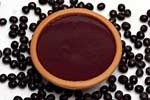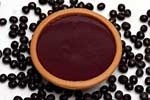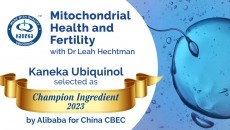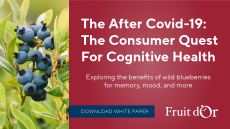It’s about time, says acai expert as FTC cracks down on bogus weight loss claims
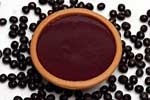
Dr Alex Schauss is the chief executive of Washington-based AIBMR Life Sciences, and an expert on the science behind açai.
He was speaking to NutraIngredients-USA.com after the Federal Trade Commission (FTC) launched a crackdown against third-party web marketers of açai supplements making fraudulent claims about their ability to drive weight loss.
Açai: An ‘extraordinary antioxidant’
“It’s incredibly frustrating and really quite intolerable that they are making these fraudulent claims about losing weight when there is such strong science behind açai's genuine benefits," said Schauss. "It’s distracting attention from the really exciting research on this extraordinary antioxidant.”
The weight loss claims first started to emerge about four years ago, he said. “I started getting mail in my junk folder talking about açai and weight loss. I was following the research pretty closely, and I had never come across a single study to support this thesis, so I wrote to these companies asking what research they were basing their claims on, and I didn’t get an answer.
“I then contacted the Food and Drug Administration (FDA), the FTC and the Department of Justice. So to hear they are now finally taking action, well it’s about time."
Multi-agency collaboration
While the FTC had “substantial resources” to investigate such cases, claimed Schauss, they were particularly challenging because tracking down these companies and their assets was so difficult.
The FTC has filed 10 lawsuits in six federal courts against firms using ‘fake’ news websites to market açai berry weight-loss products and has asked courts to freeze their assets pending trial.
The Illinois attorney general’s office has also launched an additional case against an affiliate marketer on the same grounds.
Millions of consumers have been lured onto websites selling supplements via third party websites purporting to be from reputable news organizations from ABC to CNN, Charles Harwood, deputy director at the FTC’s Bureau of Consumer Protection, told reporters at a press conference.
Pure fabrication
These (entirely fake) ‘news’ sites typically feature skeptical reporters that are subsequently wowed by the miracle weight loss effects of acai, with many claiming to have lost 25lbs in a month without otherwise altering their diet or lifestyle, a claim that was utterly preposterous, he said.
“Of course this is pure fabrication. There is no scientific evidence that açai can help anyone lose weight, let alone the amount of weight these sites are talking about.”
The firms behind the fake sites had spent millions buying ad space on reputable sites to ensure click throughs to their fake news sites, and in turn click throughs to merchant sites selling the supplements, he added. Which presumably meant that the rewards also ran into millions, he said.
The allegations
The FTC charges that the defendants:
- Made false and unsupported claims
- Deceptively presented their websites as objective news reports
- Deceptively cited independent tests demonstrating the effectiveness of the product
- Highlighted fabricated comments allegedly from consumers
- Failed to disclose their financial relationships to the merchants selling the products
Açai: ‘Remarkable anti-inflammatory activity’
As for the genuine science supporting açai, there was a wealth of research to support its free-radical scavenging capabilities, added Schauss: “When I first started researching açai almost two decades ago, there was virtually nothing out there. By the end of this year there is likely to be 100 studies in peer-reviewed journals.
“When we first looked at its free radical scavenging capacity in vitro, the results were so strong we didn’t trust our own data. But they were reproduced again and again, and when we moved on to human studies, the results were replicated. But açai is also proven to have remarkably potent anti-inflammatory activity at very low concentrations.”
Recent research suggested a wide range of benefits, from an ability to reduce atherosclerotic lesions in arteries and increase dexterity among older people to effects on the expression of genes that protect against oxidative stress, he said.
“The research is all coming together beautifully.”
Click here to see a full list of the affiliate marketers charged by the FTC.
